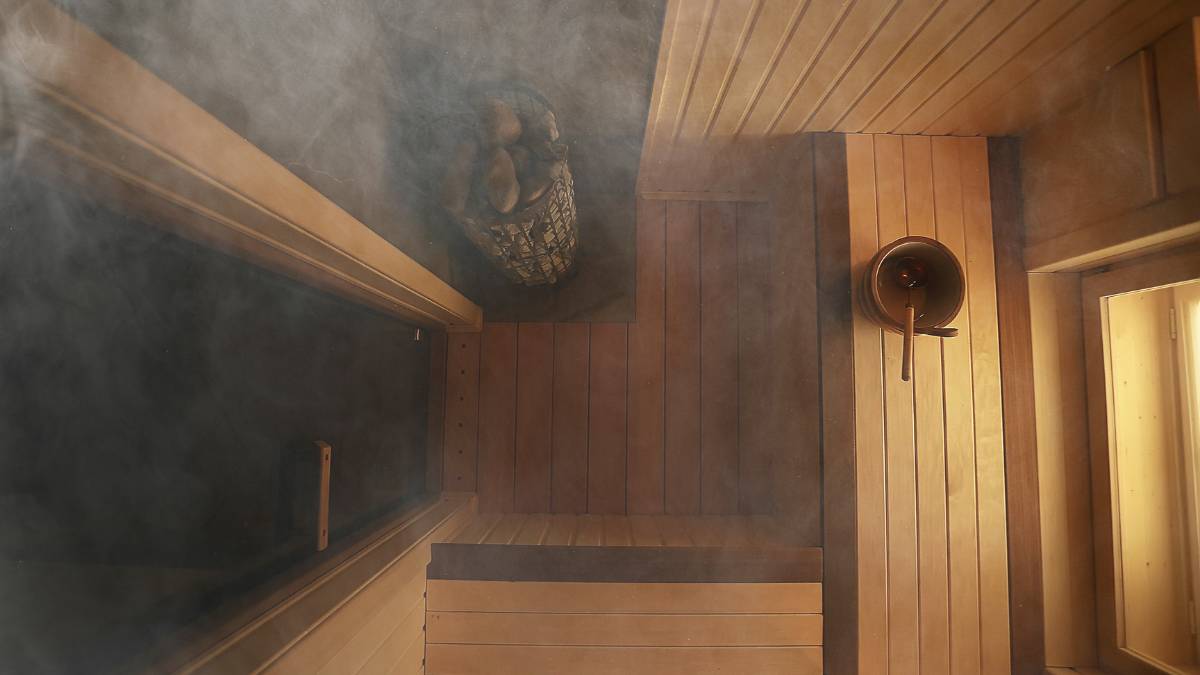Last Updated on December 5, 2023 by Kravelv Spiegel
Hot tubs, arguably the height of relaxation for residential use, aren’t reserved for a select few. With a selection of sauna kinds and prices to choose from, almost everyone can create a relaxing atmosphere at home. A family may choose the ideal spa for their needs in terms of size, features, and functionality by taking some time to learn about different sauna varieties.
Examine Your Options
An inflating spa is reasonably priced; it will cost you less than $500. These are referred to as “plug-and-operate models,” along with a few more permanent fittings. This implies that a regular outlet may be used when operating your tub instead of a custom 220/240-volt outlet.
In contrast, you need to budget at least two hundred dollars or more, depending on where you want the 220/240-volt plug installed to power the spa.
A huge, bespoke spa complete with an enclosure lifter may cost you a total of $20,000. That’s an absolute luxury. The typical cost to build a jacuzzi in the United States ranges from four to eight thousand dollars, omitting inflatable spas, which are extremely expensive.
While you’re thinking through your options, don’t forget to factor in where you want the jacuzzi to be built, along with incidental costs that could come up before the spa is installed, such as adding a 220/240-volt outlet or pouring the concrete pad.
Installing the outlet, creating the deck, and then getting a spa is the suggested sequence of action. This will assist in making sure that everything is code-built.
Ask about available upgrades and what attachments are included while you are shopping online for a hot tub. You also need to acquire stairs and a sauna cover, even though these are sometimes seen as “extras” separate from the jacuzzi itself.
The benefits and drawbacks of various sauna varieties are listed below.
Transportable Hot Spring
When you think about residential hot tubs, you probably picture portable saunas, sometimes referred to as prefabricated hot tubs. The name of many types is a little misleading since, while they may be moved into a desired location, portable hot tubs require significant lifting and are not very easy to reposition.
Portable hot tubs come in a range of sizes and are composed of different materials. The majority are highly robust and energy-conserving. By constructing a deck surrounding the outside, you can integrate portable saunas into your landscape and achieve a more bespoke aesthetic at a reduced cost.
The average cost of a portable jacuzzi is between $4,000 and $8,500, while more expensive models may cost more. However, you can price them at https://www.watsons.com/dayton/hot-tubs-spas to be certain your desired model is within your budget.
Advantages
- lots of options and diversity
- able to be transferred or sold
- energy-conserving
Cons
- difficult to move
- cheap resale rates
- installing it might be costly
Inground Hot Spring
Inground saunas are typically constructed next to swimming pools and require expert installation, which is an additional expense. On the other hand, an inground jacuzzi may provide years of fun and perhaps increase the value of your house. Inground saunas may additionally be custom-built to meet your requirements and preferences.
Inground jacuzzi installation typically costs between $12,000 to $20,000. You may have more or less money to spend if you had endless possibilities. Your landscaping can be complemented by the design of an inground hot tub.
Advantages
- may raise the value of your house
- crafted to meet your needs
- combines with gardening
Cons
- It has to be installed by professionals.
- premium price
- increased operating costs
Swim-Spa Combination
Why not build both a pool and a sauna if you can’t decide which to have? You get both a hot tub and an exercise pool (https://worldocr.org/what-is-a-lap-in-swimming-lap-vs-length/) when you purchase a swim-spa combo model.
This naturally requires more room than freestanding hot tubs. This also implies that the swim-spa combo needs a strong, sturdy base to support it.
One benefit for those who are keen to swim in the winter is that they may be installed indoors. Swim-spa combinations are portable in theory, just like prefabricated hot tubs. But really, shifting them isn’t that simple.
Swim-spa combinations are expensive to run because of the quantity of water and power required to heat the two sides. Swim-spa combos may be purchased and installed for anywhere between $7,000 and $30,000, which is still far below the cost of an inground pool.
Advantages
- enables users to soak or swim
- installable both indoors and outside
- not as costly as in-ground pools
Cons
- large and occupy a lot of room
- costly to run
- steep cost of acquisition
Heat Spa Made by Rotation
Rotationally cast hot tubs are an excellent value option that outperforms the competition in a few areas: Rotationally molded hot tubs, which weigh roughly 300 pounds empty, are genuinely fairly portable in contrast to other prefabricated hot tubs.

